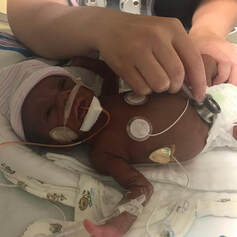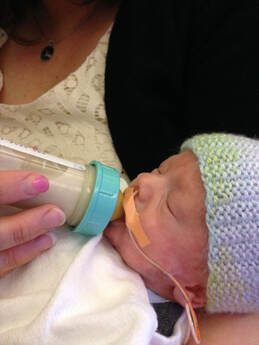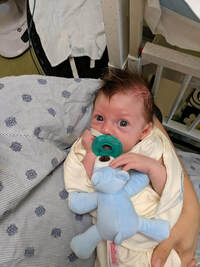 It's a terrifying moment when your baby needs to be in the Neonatal Intensive Care Unit (NICU). It's overwhelming and can be downright devastating. Admission to the NICU may be completely unexpected, or you are already aware that your baby will require intensive care after birth. Either way, it is a scary and stressful situation. There is so much fear of the unknown. What will happen to your baby? Who will be caring for them? When can you see your baby? The questions and concerns are endless. Your NICU team is your ally, and they are that guiding hand of support you will reach out to for the following days, weeks, or even months. The neonatologists, respiratory therapists, dieticians, social workers, and nurses are the experts who will help you through this difficult time. Your NICU nurses are with your baby all day and all night. They are like guardian angels and are the advocates you will be closely working with during your time in the NICU. Here are 5 things that your NICU nurses want you to know: |



 RSS Feed
RSS Feed